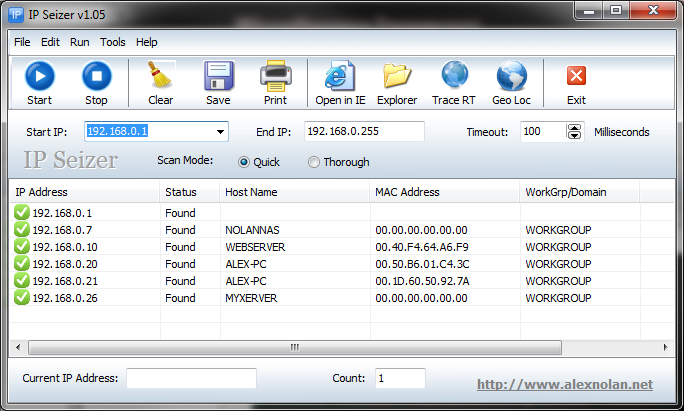

Teams in these offices may have needs, experiences, or expectations that vary widely from one geographic location to the next, and thus may require different sales and marketing strategies to reach them. One company might have offices in India, China, and the US. Visitor Location: This might seem like we’re splitting hairs here, but many companies visiting your site can have multiple offices across the globe. Savvy marketers can even personalize website content or craft unique user experiences based on geographic region. Location-Based Advertising: If your company sells snow blowers, it doesn’t make much sense to advertise in Florida, does it? By leveraging location-based advertising you can reduce ad waste by narrowing down your target audience to geographic region, ensuring only relevant buyers are seeing your ads. Language preferences can also be shifted in real-time, based on visitor location, to greatly enhance the user experience on your site. This also has the added bonus of discovering potentially unknown market segments that you may never have thought of by looking at spikes in activity from certain regions.Ĭontent Personalization: This is a hugely broad topic and can involve dynamically personalizing anything on your website from a simple welcome banner, to copy, images, calls-to-action, etc. IP geolocation can tell you exactly where your website traffic is coming from, allowing you to manage and optimize your campaigns to get exactly the traffic you want. Tracking Marketing Campaign Effectiveness: If you’re running an account-based marketing (ABM) campaign, segmenting your target accounts by geographic region can be an effective way to deliver highly relevant messaging to your audience. Here are a few of the many uses for IP geolocation data: Now that we’ve covered how this information is collected, let’s dive into the fun stuff – how it’s actually used. This data is much more in-depth, up to date and reliable than the IP data from public sources (more on that in this article).

However, private companies that provide IP geolocation data often use their own proprietary reverse IP lookup methods, technologies, and algorithms to gather this information as well as provide other important firmographic information associated with an IP address. They are often outdated, riddled with inaccuracies and lacking much of the information that would be meaningful to businesses. Unfortunately, public databases are woefully unreliable. Using this information, basic IP geolocation tools look at a website visitor's IP address and compare it to public databases to determine a user’s geographic location. ISPs keep a record of the IP addresses they lease out and store that information in public databases such as ARIN. These numbers are leased out by Internet Service Providers (ISPs) who determine a network's IP address based on geographic location – meaning all networks in a given area will have a similar (but not identical) IP address. For example, when you’re binge-watching reruns of The Office, your IP address makes sure it shows up on your laptop and not on your neighbor’s iPhone. These numbers change based on the internet connection your device is using, however, they are always unique to the device itself. But this technology does have a variety of interesting applications based off of your website visitor’s information, such as c ity, region/state, postal code, country, Latitude/longitude, and more.Īll internet-connected devices have a unique number (referred to as an address) assigned to them to ensure the right data is going to the right device. Now, does this mean “Big Brother” knows where you are and is watching your every move? Probably not. IP geolocation refers to the practice of tracing a website visitor’s IP address back to a location on earth (geolocation). Before we get ahead of ourselves, we should discuss what we mean when we say IP geolocation, and more importantly, what we don’t mean.


 0 kommentar(er)
0 kommentar(er)
